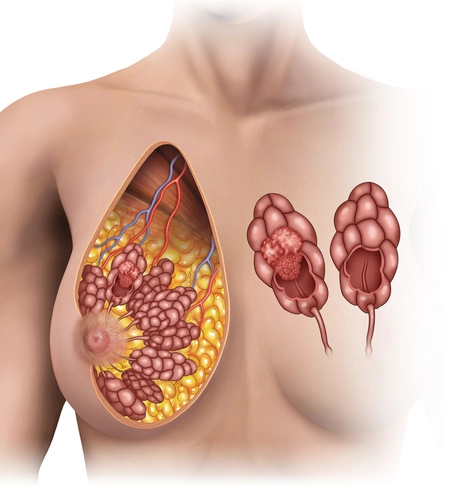Delve Deeper Into Open Foot Wounds With More Anatomically Specific Codes

The next time you code an open foot wound, get ready to dig for specifics in the documentation. Under the ICD-10 diagnosis coding system, you have codes based not only on whether the wound is complicated or has tendon involvement, but also based on which foot is involved and what type of wound it is.
Wrap Up Open Ankle Wound With 18 Options
ICD-10 gives open wounds of the ankle its own series of codes (the knee and lower leg also get their own series), with specific codes for right and left ankle and type of wound (laceration, puncture, open bite).
7th character: At the end of the six-character ICD-10 codes below, you will add a seventh character describing whether it is an initial encounter (A), subsequent encounter (D), or sequela (S), notes Pamela Biffle, CPC, CPC-P, CPC-I, CPCO, owner of PB Healthcare Consulting and Education Inc. in Austin, Texas.
Example: You should code an initial encounter for a puncture wound to the left foot with foreign body as S91.342A.
For open wounds of the ankle without tendon involvement, the ICD-10 codes are:
Note: Wounds of muscles and tendons will have their own series of ICD-10 codes (S92-), which specify which muscles are injured.
Watch for Tendon and Muscle Involvement
ICD-10 also gets much more specific with foot wounds. Open wounds of the foot with tendon and muscle involvement are also included in the S92- series. Open foot wounds without tendon involvement are reported with:
Toe wounds: ICD-10 codes describing toe wounds are even more complex and detailed, with specific codes describing not only right or left foot, but great or lesser toe. Watch for more information in a future issue of Outpatient Facility Coding Alert.




